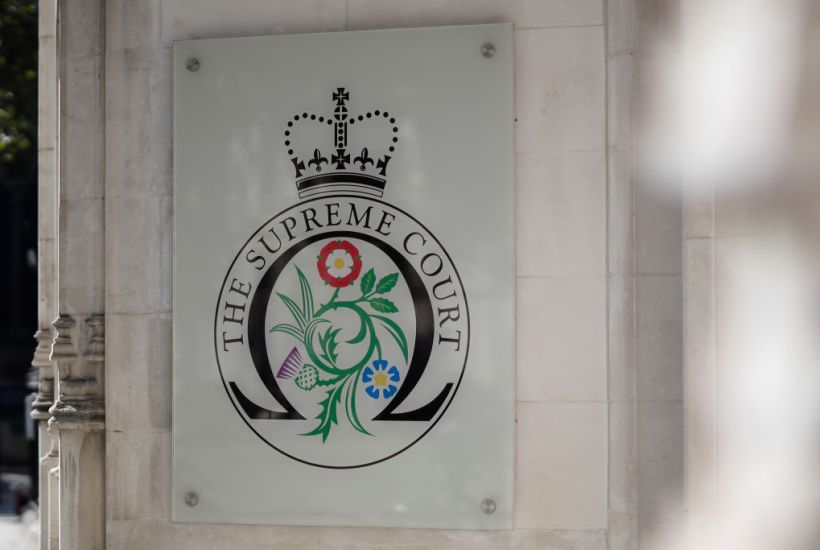Now that more experts have had time to study the ruling, the legal validity of the Supreme Court decision on the prorogation of Parliament is unravelling with every passing day. The court cited two cases to justify its involvement in political decisions: the Case of Proclamations (1611) and Entick v Carrington (1765).
The Case of Proclamations laid down that the King could not make new laws by proclamation. The easiest way to study it is to look at the notes of the case by the presiding judge, Sir Edward Coke in his Selected Writings (p. 486 of the Liberty Fund online PDF version).
The King wanted to prohibit building in London and to prohibit the making of starch from wheat. Following consultation with other judges, Coke told the King:
‘I said, that the King cannot change any part of the Common Law, nor create any Offence by his Proclamation, which was not an Offence before, without Parliament.’
Having cited the case, the Supreme Court then went on to establish a new legal principle, without any foundation in statute, common law or custom. In doing so they acted rather like King James I, who in fact ignored Coke’s ruling and continued issuing proclamations enforced by the Court of Star Chamber.
In the second case, the Chief Justice of the Common Pleas, Lord Camden, ruled on the right to be free from government searches. The legal principle upheld by the court was that the government only had the powers granted by common law or statute.
The case concerned three bailiffs who had searched the home of John Entick in 1762 and took away some of his papers. They said that a warrant for the search had been lawfully issued. Lord Camden, however, ruled that ‘if this is law it would be found in our books, but no such law ever existed in this country; our law holds the property of every man so sacred, that no man can set his foot upon his neighbour’s close without his leave.’ (Entick v Carrington, 1765, 95 ER 807 King’s Bench.)
If the law is silent then the government has no power. The government in the 1760s accepted the court’s decision, but today’s Supreme Court invented an entirely new legal precept, contrary to the ruling of Lord Camden. It said:
‘a decision to prorogue Parliament will be unlawful if the prorogation has the effect of frustrating or preventing, without reasonable justification, the ability of Parliament to carry out its constitutional functions as a legislature and as the body responsible for the supervision of the executive. In such a situation, the court will intervene if the effect is sufficiently serious to justify such an exceptional course.’
As William Blackstone warned in his famous Commentaries on the Laws of England, first published in the same decade as the Entick case, if every judge were a legislator, it would ‘introduce most infinite confusion; as there would then be almost as many different rules of action laid down in our courts, as there are differences of capacity and sentiment in the human mind.’
In the past the remedy for unreasonably long prorogations has been recognised as political, and not for the courts. Richard Ekins, professor of law at Oxford has called the court’s action an ‘unjustified novelty’. The problem, he said, is ‘a willingness to overturn settled law in ‘exceptional circumstances’ in order to right what the Court thinks is a wrong. But the duty of the courts is to follow the law, not to remake it.’
The Supreme Court claimed to have been upholding parliamentary accountability, but the real problem is their own lack of accountability to anyone but themselves.
David Green is Director of Civitas
Got something to add? Join the discussion and comment below.
Get 10 issues for just $10
Subscribe to The Spectator Australia today for the next 10 magazine issues, plus full online access, for just $10.




















Comments
Don't miss out
Join the conversation with other Spectator Australia readers. Subscribe to leave a comment.
SUBSCRIBEAlready a subscriber? Log in